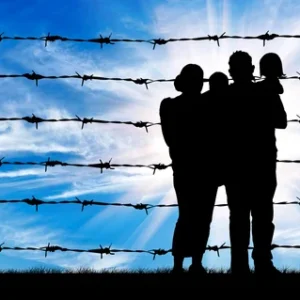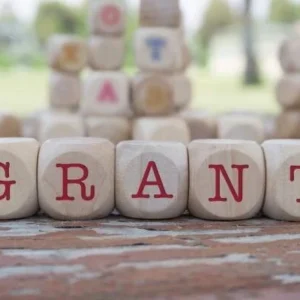The United States has announced nearly $20 million in new security support for Ecuador as part of efforts to strengthen cooperation against drug cartels. During a visit to Ecuador, U.S. Secretary of State Marco Rubio detailed that over $13 million will be allocated to general security funding, with an additional $6 million dedicated to providing drones for the Ecuadorian Navy. Rubio also mentioned the possibility of establishing a U.S. military base in Ecuador, pending an invitation and voter approval in an upcoming referendum. Ecuador’s President Daniel Noboa supports this idea, recalling that the U.S. previously operated a base in the coastal city of Manta until 2009.
As part of the crackdown on criminal activity, the U.S. designated two Ecuadorian gangs, Los Choneros and Los Lobos, as foreign terrorist organizations. These groups had already faced sanctions in 2024. The designation allows the U.S. to seize their assets and enhances intelligence sharing with Ecuador to better combat these organizations. Rubio emphasized the importance of increased intelligence cooperation to effectively fight these violent groups.
Despite government efforts, including military deployment and legislative reforms to toughen penalties on drug trafficking, violence linked to drug gangs has surged in Ecuador, with homicides rising 40% in the first seven months of 2025 compared to the previous year. President Noboa, elected to a full term this year, is actively addressing gang violence but faces ongoing challenges.
Beyond security, the two countries are advancing a trade agreement that could be finalized soon, with positive developments expected around tariffs. Additionally, Ecuador and the U.S. have signed a “safe third country” agreement aimed at managing asylum seekers. Under this deal, individuals seeking U.S. asylum may be sent to Ecuador while their cases are reviewed. Ecuador will coordinate closely with the U.S., retaining veto rights to reject individuals deemed not in its national interest, and the number of accepted asylum seekers will be limited. This arrangement reflects Ecuador’s support for the U.S. while balancing its own sovereign interests.







